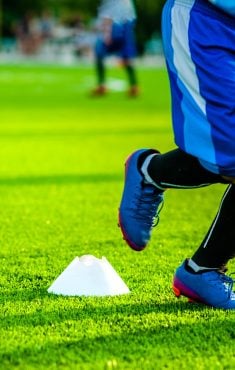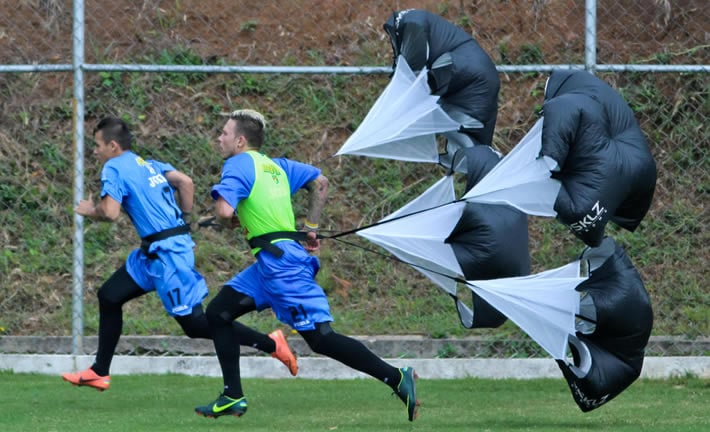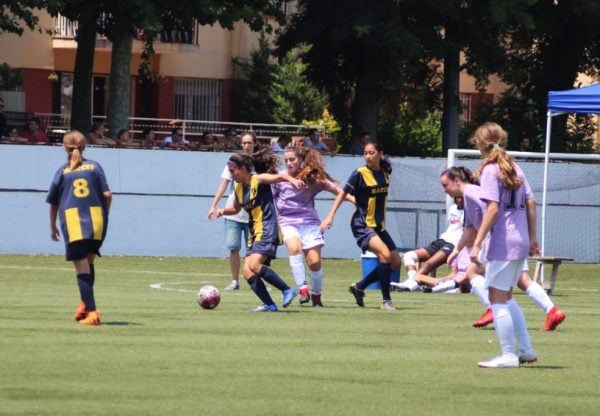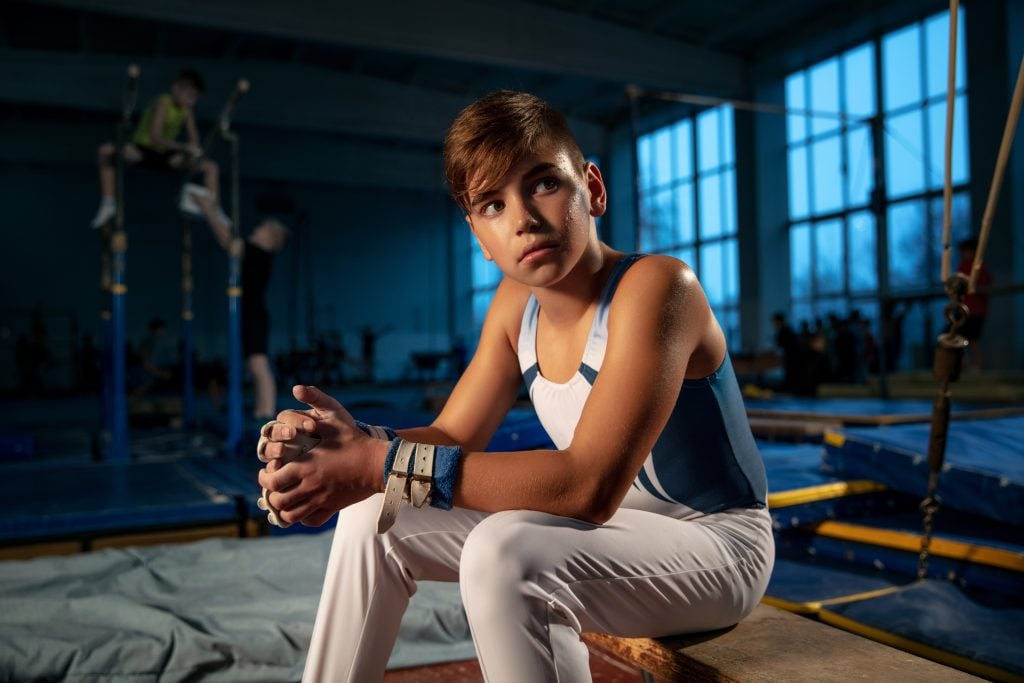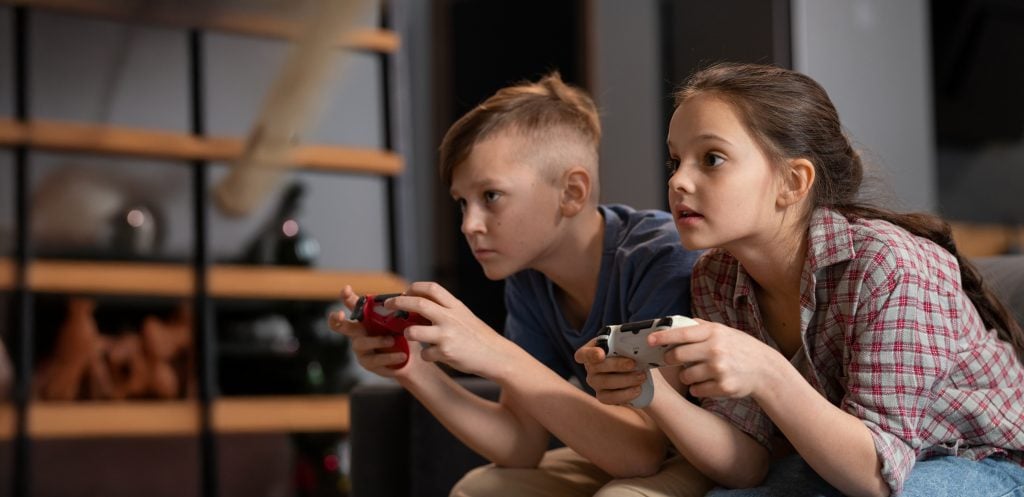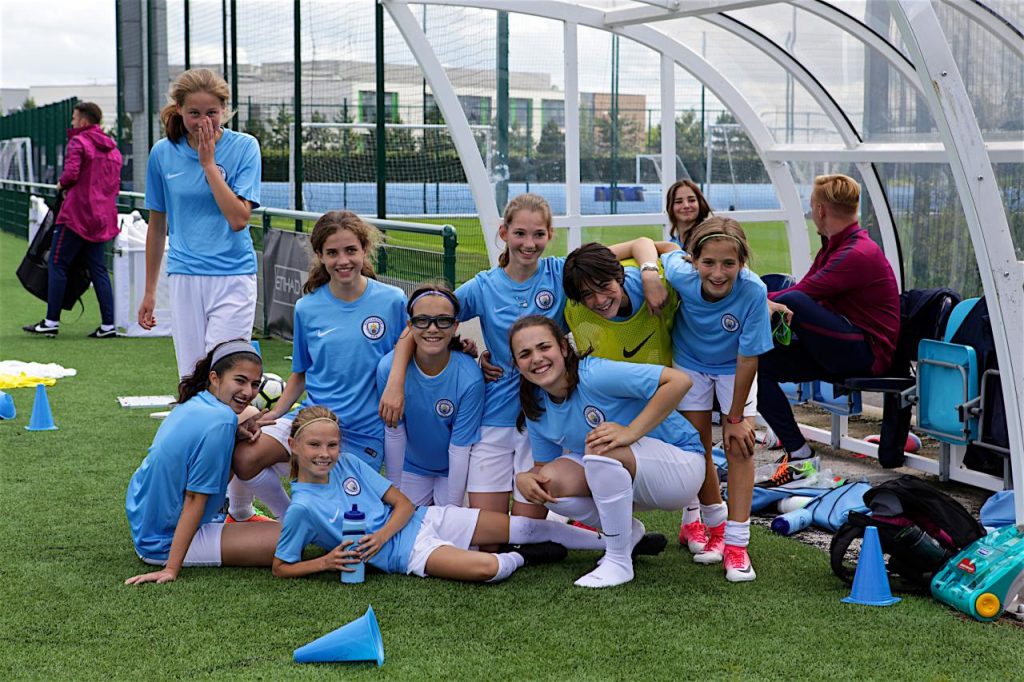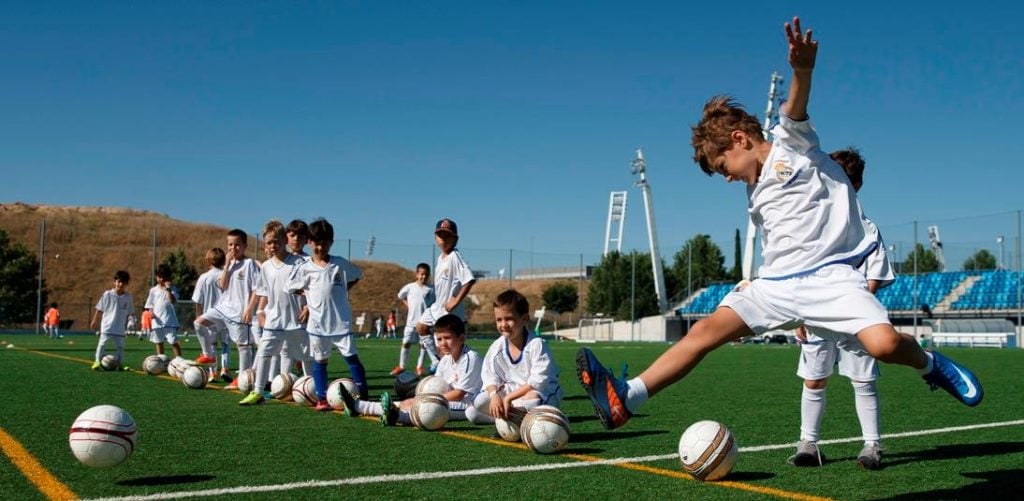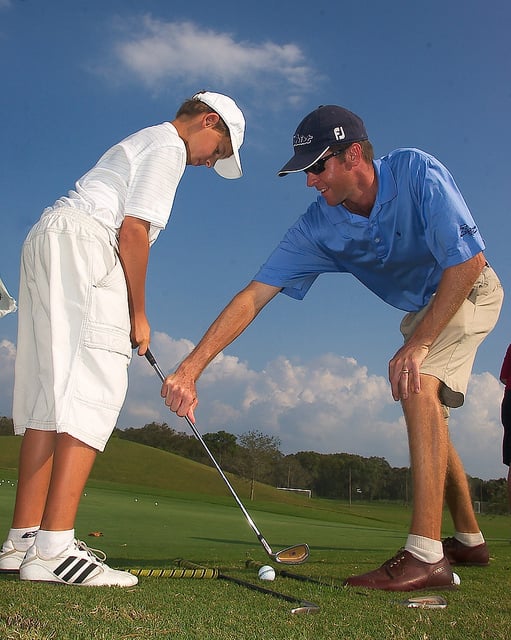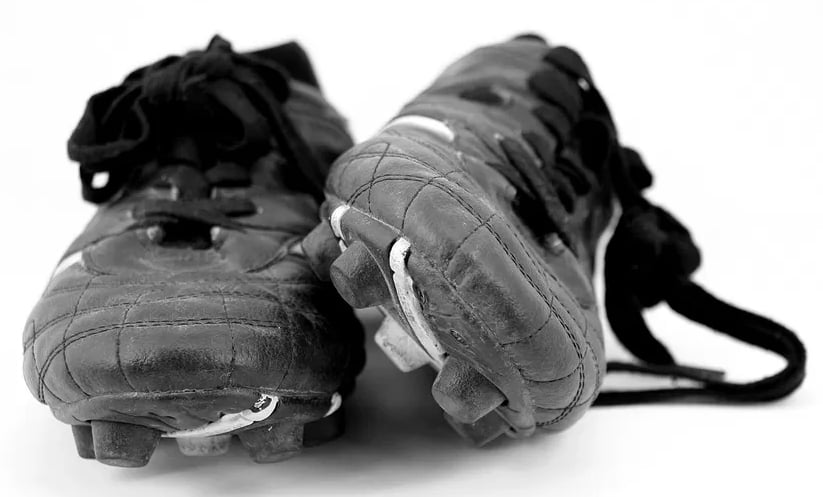Training in summer camps
A growing trend in recent years is to send our children to sports camps during school vacations.
The reason that leads parents to make this decision is that it helps the little ones at home to develop in the sport they love so much and that, if they have the talent, they can become professionals and dedicate themselves to it in the future.
For this reason, the main soccer clubs in Europe (Real Madrid, Barcelona, Manchester United, for example), as well as tennis, golf or basketball clubs or academies, organize camps so that boys, girls and young people from all over the world can participate.
On the first day, the children are divided according to their age and abilities into groups of about 15-20 members each, each of whom is assigned a teacher. The two reasons why they are separated in this way are:
- Because the camps receive participants who are from 7 years old to those who have already turned 18, and obviously, the demands of a child are less than that of a teenager. In addition, when the child is young, he/she must begin to incorporate the techniques little by little, while teenagers already have more experience and only need to polish some issues, since they already have the general aspects.
- Because the idea is that the students have a personalized teaching, with a greater possibility of practicing the concepts and reiterating them. On the other hand, with small groups, the teacher knows each child very well and knows what to prioritize, improve or practice. The student-teacher relationship is essential in the camp.
Training usually takes place in the mornings, since with the high summer temperatures in some countries it is not advisable to exercise after midday. In addition, practice hours do not exceed 3-6 hours per day, from Monday to Friday.
On weekends there is normally no training, so that participants can rest, relax and have fun with other activities, physical or otherwise, such as hiking, swimming, rafting, excursions, guided tours, etc.
For each day of the week, exercises are planned in advance, all of them are designed by professional experts, carefully chosen by the club or organization that organizes the camp.
The coaches are in charge of teaching the students the technique, tactics, game strategies, and that the children practice their favorite sport individually and also collectively, with activities that also promote the best values of the sport.
Practice matches and tournaments are also organized with other children from the same or a nearby camp.
As the aim is for the participants to have a comprehensive knowledge of their activity (soccer, tennis, basketball or golf) in particular and of sport in general, they have theoretical classes on nutrition, health, gymnastics, pre-competitive exercises and medicine applied to sport.
Extra activities in the camps
In the sports camps, in addition to training the children and young people in the technique, tactics and strategy of their chosen sport, they are given many other activities to complete each day.
In the afternoons, after lunch, they usually have English classes (if they choose this option), so that they learn the concepts, grammar and phonetics and can use it in everyday life.
All the clubs where we offer camps with English classes have agreements with renowned English institutes and schools, with the best native teachers, who have extensive experience in the position.
The English classes are given in small groups and to delimit them at the beginning of the camp they are given a level test to determine how much they know of English and to group them with those who are in the same condition and not to delay them in their study.
The plans for the exercises in English are previously prepared by the teachers in conjunction with the institution and go hand in hand with activities spoken in English, so that the children become familiar with the language and can put into practice what they have learned in the classroom.
For example, excursions and guided tours are taught in English, depending on the level of each group, so that all concepts are clear.
Another fundamental aspect that is carried out during the camps, in addition to the formal practice of sports and English classes, are all the extra activities that are programmed for leisure and rest time.
Thus, boys and girls will be able to enjoy a different event every day, where they will share with friends from other countries and cultures:
- masquerade ball
- theme parties
- brain teasers
- singing competitions
- dance competitions
- board games
- theater plays
- puppet shows
- film screenings
- documentaries
- instructive talks
- paintings, crafts, handicrafts
- All of them take place in the common rooms once they have finished dinner, but without extending more than 22 hours so that they can rest well and start the new day early with all the energy.
- It is not necessary that they participate in all of them, they can attend and participate in the ones they like the most or just stay reading, but that is not the idea of the camps, where the aim is to integrate everyone even if they are a bit introverted.
Let’s move on to the weekends. On these two days there are no language classes or training sessions, so that the children can rest, but that does not mean that they stay in their rooms.
On the contrary, on Saturdays, for example, activities are organized outside the camp, such as hiking, horseback riding, swimming, etc.
It is also common for them to be taken on excursions to visit the most important places in the area, squares, parks, monuments, historical and religious buildings, museums, stadiums, etc.
All these extra activities make for an unforgettable stay for the child, very fun, in contact with nature and in the company of children of the same age and tastes.

